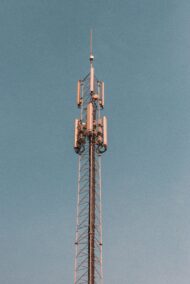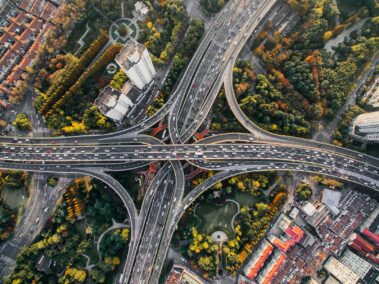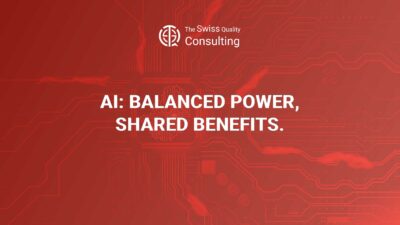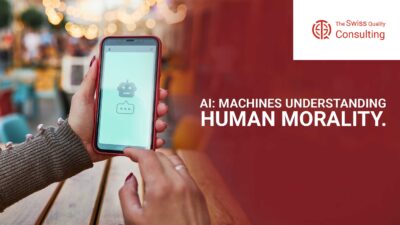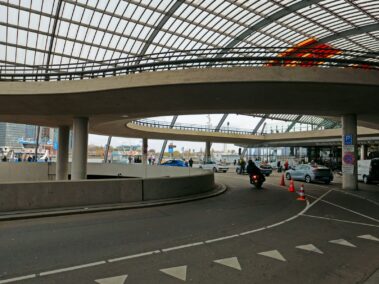Harnessing 5G Technology for Efficient Resource Utilization in Saudi Arabia and the UAE
5G Smart City Resource Management are poised to play a pivotal role in revolutionizing resource management in smart cities across the Gulf region, particularly in Saudi Arabia and the UAE. By providing the foundation for a hyper-connected urban environment, 5G enables the seamless integration of various technologies and data sources, facilitating more efficient and sustainable utilization of resources such as energy, water, and waste management.
Optimizing Energy Consumption with Smart Grids and IoT Sensors
One of the most significant applications of 5G in smart city resource management is in the energy sector. 5G-enabled smart grids can leverage the Internet of Things (IoT) sensors to monitor energy consumption in real-time, enabling dynamic adjustments to power distribution and demand response programs. This can lead to significant reductions in energy waste, lower electricity bills for residents and businesses, and a more sustainable energy ecosystem in cities like Riyadh and Dubai.
Enhancing Water Management through Smart Meters and Leak Detection
Water scarcity is a pressing concern in the Gulf region, and 5G technology can help address this challenge through intelligent water management systems. 5G-enabled smart meters can track water usage in real-time, providing valuable insights into consumption patterns and identifying potential leaks or inefficiencies. By integrating with leak detection sensors and automated control systems, 5G networks can help minimize water waste, optimize irrigation practices, and ensure a more sustainable water supply for the growing urban populations in Saudi Arabia and the UAE.
Revolutionizing Waste Management with Smart Bins and Route Optimization
Waste management is another critical aspect of resource management in smart cities. 5G networks can facilitate the deployment of smart bins equipped with sensors that monitor fill levels and send alerts when bins need to be emptied. This data can then be used to optimize waste collection routes, reducing fuel consumption and emissions from garbage trucks. Additionally, 5G can enable the implementation of waste sorting and recycling systems, promoting a circular economy and reducing the environmental impact of waste disposal.
Improving Air Quality Monitoring and Environmental Sustainability
5G-enabled sensors can be deployed throughout smart cities to monitor air quality in real-time, providing valuable data on pollution levels and sources. This information can be used by city officials to implement targeted measures to improve air quality, such as adjusting traffic patterns, promoting the use of electric vehicles, and implementing stricter emissions standards for industries. By leveraging 5G technology, smart cities in the Gulf can create a more sustainable and healthy environment for their residents.
Enhancing Urban Planning and Infrastructure Development
5G networks can also play a crucial role in urban planning and infrastructure development by providing real-time data on traffic patterns, pedestrian flows, and other urban activities. This data can be used to optimize traffic management systems, design more efficient public transportation routes, and identify areas where infrastructure improvements are needed. By incorporating 5G technology into their urban planning processes, cities in Saudi Arabia and the UAE can create more livable, sustainable, and resilient urban environments.
Data-Driven Decision Making and Citizen Engagement
The vast amounts of data generated by 5G-enabled smart city infrastructure can be leveraged to make more informed and data-driven decisions regarding resource management. By analyzing this data using advanced analytics and machine learning algorithms, city officials can identify trends, predict future demand, and optimize resource allocation. Additionally, 5G networks can facilitate citizen engagement by providing real-time information on resource usage, encouraging responsible consumption, and empowering residents to participate in the decision-making process.
Collaboration between Government, Industry, and Academia
The successful implementation of 5G smart city resource management requires collaboration between government agencies, private sector companies, and academic institutions. Governments need to provide the necessary regulatory frameworks and incentives to encourage the adoption of 5G technology. Industry partners need to develop innovative solutions and invest in infrastructure. Academic institutions can contribute by conducting research and providing expertise in data analytics, artificial intelligence, and other relevant fields.
The Future of Smart City Resource Management in the Gulf
As the Gulf region continues to invest in smart city initiatives, 5G technology will play an increasingly important role in optimizing resource management and creating a more sustainable urban future. By harnessing the power of 5G, cities like Riyadh, Dubai, and Abu Dhabi can become global leaders in sustainable urban development, setting an example for other cities around the world.
#5G #smartcities #resourcemanagement #sustainability #urbandevelopment #IoT #dataanalytics #SaudiArabia #UAE #SmartCitySolutions #UrbanInnovation #SustainableFuture








